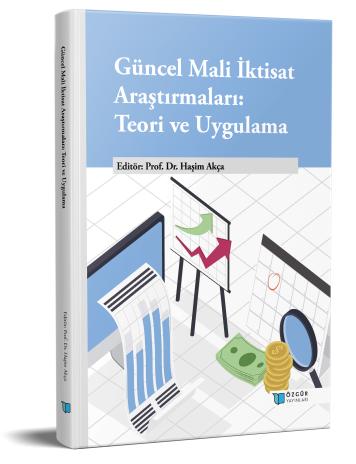
The Effects of the Migration Economy on the Budget: The Case of the European Union
Chapter from the book:
Akça,
H.
(ed.)
2025.
Current Research in Fiscal Economics: Theory and Practice.
Synopsis
This study examines the impact of migration flows, which intensified in the European Union between 2015 and 2023, on the Union budget within a multidimensional framework. Using comparative descriptive analysis, the study focuses on immigrants' tax contributions, public service use, and net fiscal impacts in the sample of Germany, France, Italy, the Netherlands, and Sweden. Theoretically, the fiscal impacts of immigration arise through two channels: contribution to public revenues through taxes, consumption, and social security premiums; and increases in public expenditures on items such as health, education, housing, and social assistance. The net fiscal impact is defined as the difference between these two aspects and is determined by immigrants' educational attainment, labor market integration success, propensity to stay, and the welfare state architecture in the host country.
The empirical part of the study focuses on Germany, France, Italy, the Netherlands, and Sweden. The data show that the immigrant population rate and absolute numbers increased in these countries between 2015 and 2023. While tax and social security contributions increased in all countries, the intensity of public service use varied depending on national policies. The increase in AMIF funds at the EU level from approximately €3.1 billion in 2014–2020 to approximately €9.88 billion in 2021–2027 demonstrates the strategic importance of migration management and the strengthening of fiscal burden sharing. Furthermore, the net fiscal impact in selected countries was found to have increased in 2023 compared to 2015 and was mostly positive.
In conclusion, while migration may create some short-term spending pressures, it can contribute netly to the budget in the long term through effective integration and employment policies. Effectiveness is closely linked to the nature of the migrant profile, access to the workforce, policy design, and the targeted use of EU funds. Therefore, migration management should be considered an economic and fiscal priority, going beyond a social/humanitarian agenda. This study offers a comprehensive and comparative perspective on the literature on the relationship between migration and public finance.

